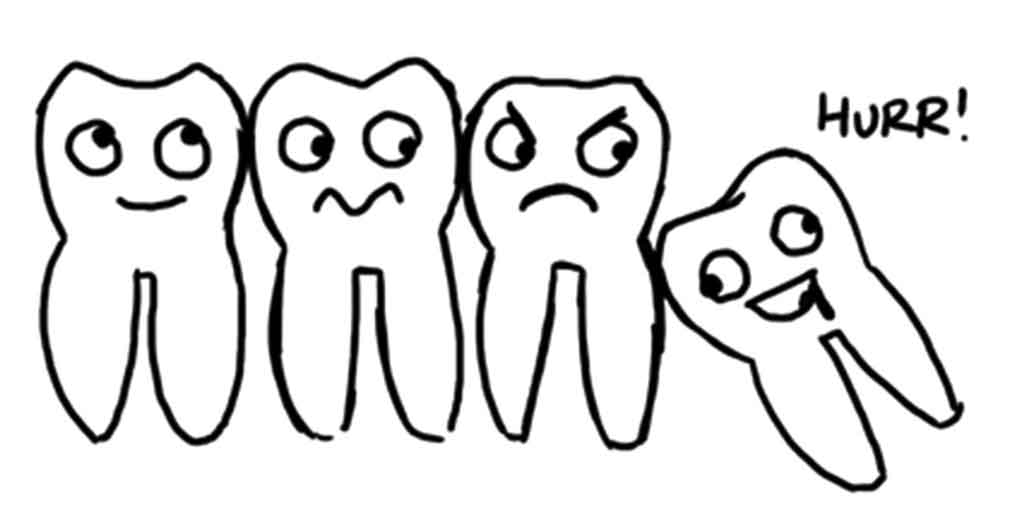By Catherine Stewart (The Cascade) – Email
Print Edition: November 5, 2014

While the eyes may be the windows to the soul, more than one source agrees that your teeth are the mirror to your overall health.
I’ve gone to the same dentist ever since I was four. I’m pretty sure they know me as the “cavity queen,” because I refused to floss, and on my first visit, I was blessed with six cavities. Let’s just say I have learned my lesson and now brush my teeth twice a day and floss right after.
To me, it seems normal to keep my mouth in good working order. It was surprising to me to discover that some people don’t have it on their list of priorities at all, which needs to change.
“Any disease related to the mouth has an impact elsewhere in the body,” says Denis F. Kinane, BDS, PhD, at the University of Pennsylvania.
Several species of bacteria that cause a gum disease called Periodontitis have been found in the atherosclerotic plaque in arteries in the heart. This plaque can lead to a heart attack, reports Harvard University’s health information website. Not only that, but oral bacteria can also harm blood vessels and cause blood clots.
If your gums are sensitive or if you’re feeling pain in your mouth, it could be more serious than you think. What might be a small problem in your teeth could be linked to a bigger problem deeper in your system. While scientists have yet to prove if poor dental hygiene can cause disease in other parts of the body, they have discovered that there is certainly a link between the two. The Mayo Clinic has found connections between oral hygiene and diseases such as heart disease, diabetes, HIV / AIDS, and Alzheimer’s: diabetes reduces your body’s resistance to infection, which puts your gums at risk; research suggests that heart disease might be linked to the inflammation and infections oral bacteria can cause; and HIV / AIDS sufferers are commonly found with oral problems, such as painful mucosal lesions. When it comes to Alzheimer’s, tooth loss before age 35 might be a risk factor.
The Mayo Clinic’s website has plenty of tips on disease prevention and how to keep your mouth as hygienic as possible. They advise everyone to brush at least twice a day, floss once a day, adopt a healthy diet, and replace your toothbrush every three to four months, or whenever the bristles start to fray. Make sure you schedule regular dentist visits so that they can catch whatever gets past your at-home dental care. Also, don’t forget to brush your tongue. Food particles can get stuck on your tongue and cause bad breath, and even promote tooth decay.


